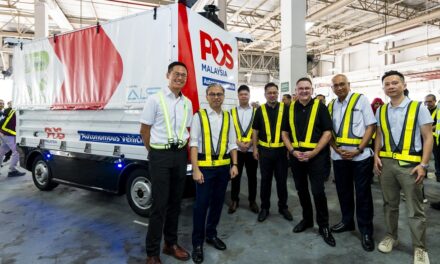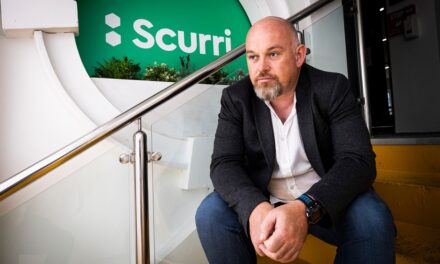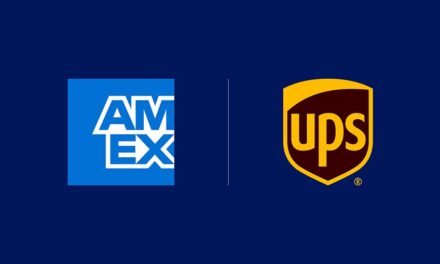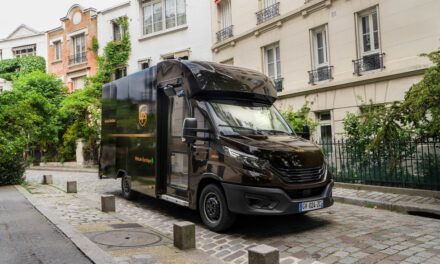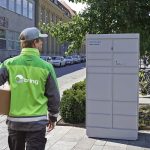
UPS purchases 130 new hybrid vehicles
UPS has invested in a fleet of 130 next generation hybrid electric vehicles (HEV) to add to its alternative-fuel vehicle (AFV) fleet. The vehicles – to be deployed next year – will save 66,085 gallons of fuel and 671 metric tonnes of CO2 annually, representing a 35 percent improvement in fuel economy.
UPS confirmed that 100 vehicles will operate in California, with 30 hitting the roads across New York and New Jersey.
The emission savings are the equivalent of 128 passenger cars being taken off the road.
“Hybrid electric technology has proven itself to be effective in the field,” said Mike Britt, UPS’s director of vehicle engineering. “We are eager to receive these new HEVs in 2011 and get them on the road. Continued investment in fuel-efficient technology is a part of UPS’s overall environmental strategy.”
UPS already operates one of the largest private fleets of alternative-fuel vehicles in the transportation industry – 2,022 in total. The company has invested more than $25m to develop its AFV fleet, which besides hybrid electric includes such other fuels as compressed natural gas, liquefied natural gas, propane and all-electric.
The fleet is deployed in eight countries besides the US and since 2000, has traveled 185m miles.
UPS was the first package delivery company to introduce a hybrid electric vehicle into daily operation with a research program in early 1998. Currently, there are 250 UPS HEV delivery vehicles operating in the United States.
The HEV fleet features two different size vehicles from Freightliner Custom Chassis Corporation and a hybrid drive system from Eaton Corporation.
The external truck bodies are identical to UPS’s other signature brown trucks, although they feature additional labeling identifying them as hybrid electrics.
“Eaton is very proud of our 10-year relationship developing hybrid power systems with UPS,” said Dimitri Kazarinoff, vice president and general manager, Eaton Hybrid Power Systems Division. “UPS is a global leader in the adoption of clean transportation technologies and their support and continued orders are helping to make both of our businesses sustainable.”

